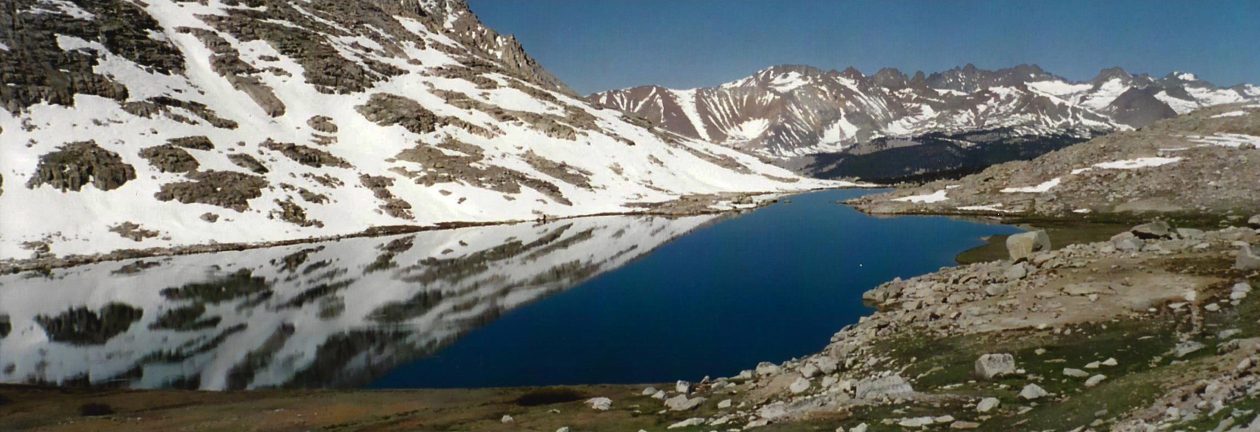Kiev, Ukraine
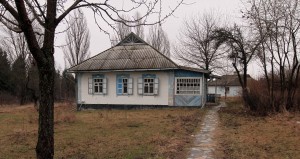
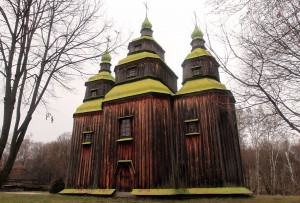
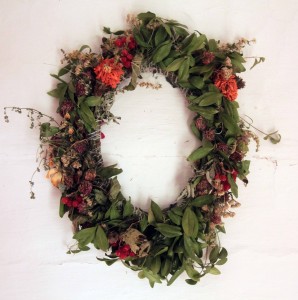
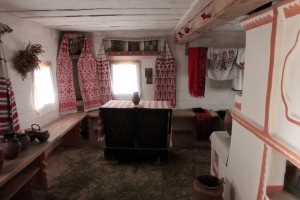
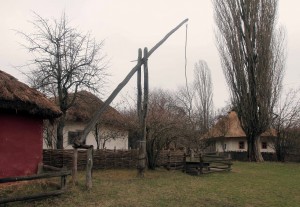
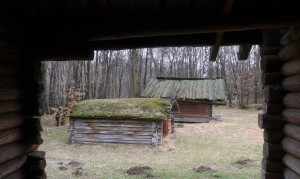
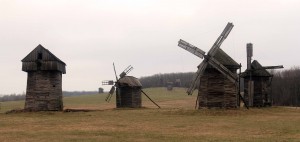
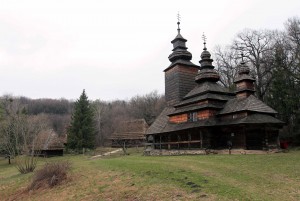
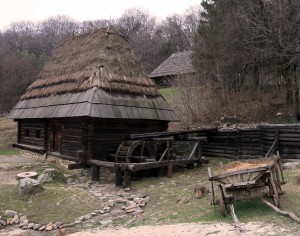
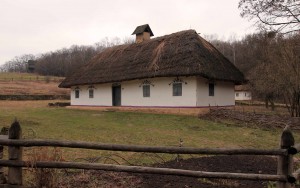
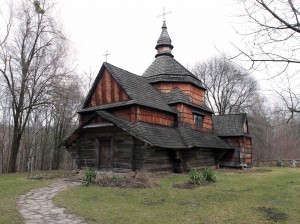
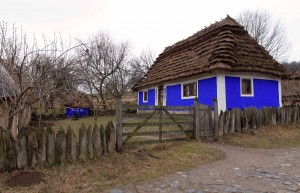
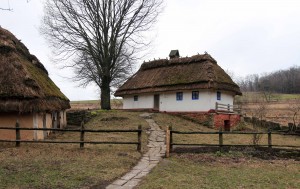
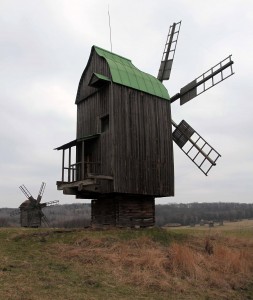
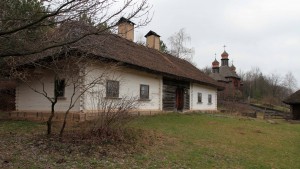
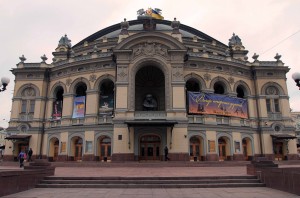
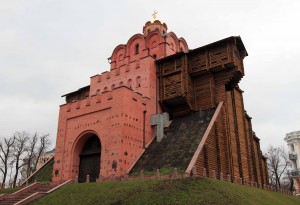
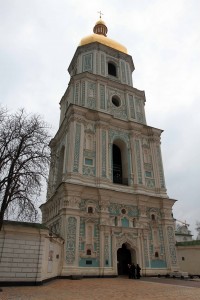
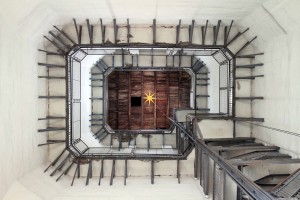
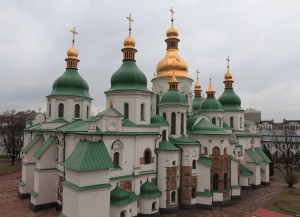
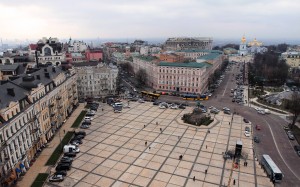
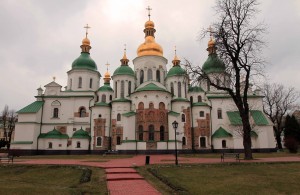
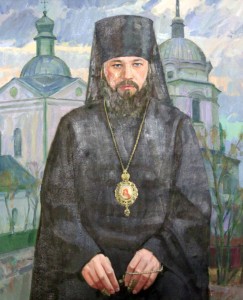
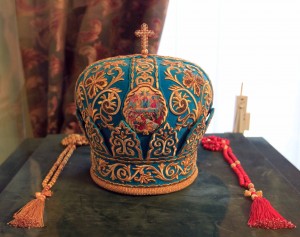
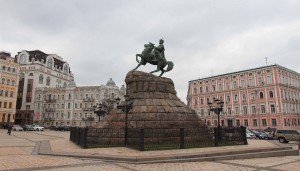
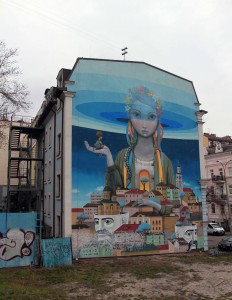

I woke up today around 10:00, showered, dressed, and then walked downstairs to the reception desk where I ordered a taxi to pick me up and take me to Pirogov (also known as the “Museum of Folk Architecture and Life of Ukraine”). The taxi came after 11:00 and drove me south to the museum, which is located on 150 hectares of land and contains many houses, churches, schools, windmills, and other structures from the late-eighteenth-century AD to the mid-twentieth-century AD; these structures come from all across the Ukraine, from different ethnic regions, and have been relocated to this museum park and arranged in groupings that resemble small villages (albeit, villages that lack stores or administrative buildings). It took some time for the taxi driver to find the place since he didn’t know exactly where it was (I hate when they do that) and he asked a couple people for directions. Eventually we arrived (after noon) and I got out, paid the driver, and then bought my entrance ticket, as well as a map. The first site I walked to was the least interesting (get the worst out of the way first); it was a group of rural houses and farmsteads from the 1960s-1970s, taken all the way from the west (e.g. Lviv) and from the east (e.g. Donetsk). I walked around the grouping and entered inside one that had some ‘60s appliances and propaganda posters pinned to the wall. After touring homes from the twentieth-century AD, I walked through the “south Ukraine” region, the “middle Dnieper area region” (which had quite a few nineteenth-century buildings), the “Poltava Region,” the “Slobozhanschina/Eastern Ukraine” region, the “Polissya” region, and past a group of windmills. I then turned north and walked through the “Carpathian region,” which was more wooded and had some isolated parts of the park that would be absolutely ideal for picnicking in the summertime when the weather is warm, the trees are covered, and flowers are in bloom – this place is perfect for family gatherings on the weekend and once again I found myself wishing I had come to the Ukraine in the summer, when I would have really enjoyed myself. After walking around the northern edge of the park, I traveled through the “Potillya” region, some more windmills, and past a still-functioning wooden church and a few more structures before exiting the park. I had spent about three hours walking around in the cold, but it was a pleasurable experience and a welcome change from the city. I then got a taxi next to the main road near the park and had him drive me to the National Opera House of Ukraine (an identifiable landmark for two people who don’t share the same language and next to the Golden Gate, where I wanted to go to anyway). Once at the Opera House, I paid the driver and proceeded to walk north to the Golden Gate of Kiev – a historic gateway in the ancient city fortress of Kiev and a nice looking structure that really stands out amongst buildings erected in the past two centuries; this gateway was one of three constructed by Yaroslav the Wise between 1017-1024 AD at about the same time the St. Sophia’s Cathedral was built. I walked around the gateway (the museum was closed today) and then walked north to St. Sophia’s Cathedral (the cathedral’s name comes from the Hagia Sophia cathedral in Constantinople, which means “Holy Wisdom”, and dedicated to the “Holy Wisdom” rather than a specific saint named Sophia). I bought my tickets for the cathedral and then walked up the many steps to the different viewing levels of the bell tower (which also serves as the entrance to the cathedral grounds). After getting a nice view of the city, I returned to ground-level and walked around the cathedral, past the Refectory, the Metropolitan’s residence, Zaborovskiy Gate, and the Seminary. Next, I entered inside the cathedral, and toured its two levels, different rooms, and niches (that were open to the public). Afterwads, I entered inside the Metropolitan’s residence and toured the rooms and viewed an exhibition containing artifacts that had belonged to Volodymyr the Metropolitan, who was the head of the Ukrainian Orthodox Church until his death in 2014 AD. Once done touring the cathedral grounds (at 17:45), I walked back to the hostel, through the old familiar route passing by St. Andrew’s Church. Instead of going straight to the hostel, I walked to the nearby Domino’s Pizzeria (not sure why, but I was thinking of the film ‘GoodFellas’ today and this made me desire pizza and wine). I ordered my pizza (a “spicy” pie with bacon, tomatoes, jalapenos, and pepperonis), then bought a bottle of wine at the nearby store, received my cooked pizza, and then returned to the hostel. I then ate my pizza, drank my wine (A Ukrainian wine made from Cabernet Sauvignon grapes and that tasted of black cherries, black currants, and vegetables). After consuming my meal, I worked on the website until 22:00. I then packed everything away, grabbed my bags, checked out of the hostel, and made my way to the railway station via subway. I reached the train and boarded my sleeper car at 22:35 with five minutes to spare. The train soon departed the station, I made my bed, and in an hour or so, I fell asleep.
